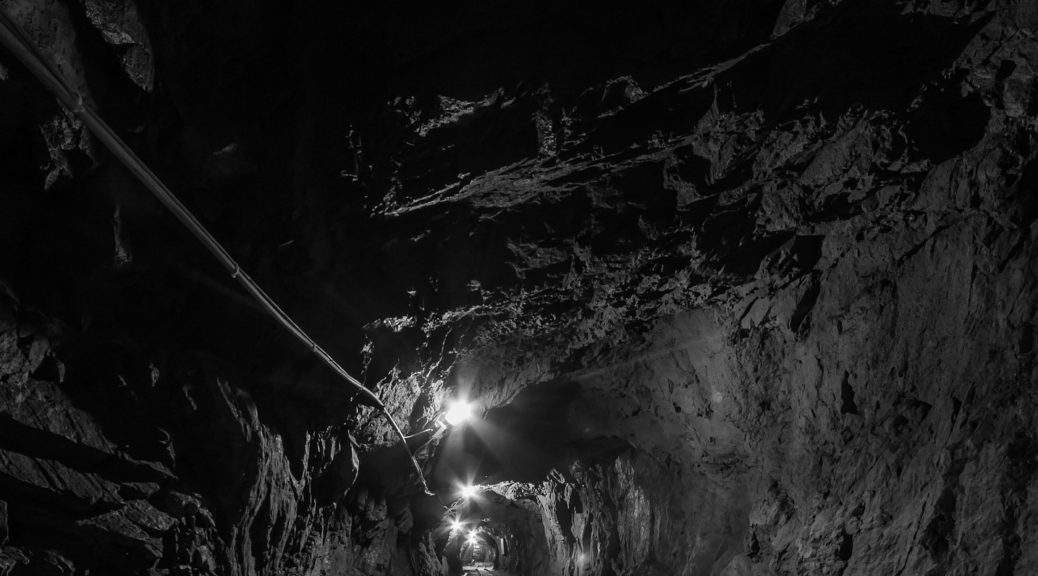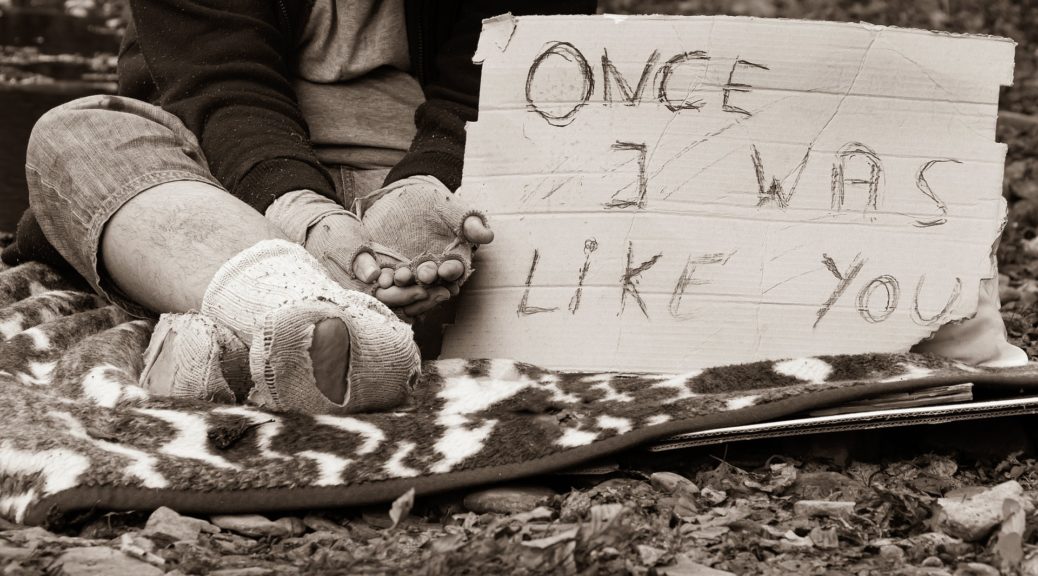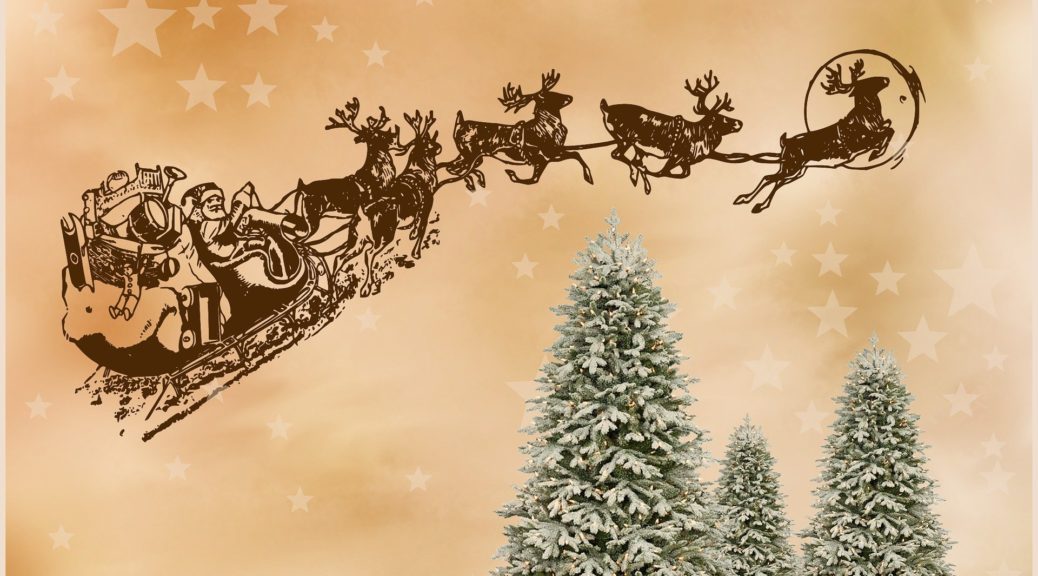I’ve been shipped to a deeper cranny of hell, and I have very little of my former property. I have no idea why I was shipped, but it is common. Texas has over a hundred prisons, and they ship us back and forth like ballast.
Like everything in life, there are pros and cons to my new digs. It’s a newer style unit, built less than thirty years ago, and that is a pro in that the cages are much larger – and much to my shock, the sinks have hot water, relatively speaking. For the first time in a quarter of a century, I got to wash my hands with warm water. There are, no doubt, other pros just waiting for my discovery, but I’ve been in the hole for a month and that remains my only experience of this place. The first major ‘con’ I came across was staff apathy. Maybe it’s the low pay, the low morale, the lack of structure, or the fact that Texas prisons have been critically short of staff for twenty years. Or maybe it’s simply the subculture.
I was put in the hole upon arrival. Not for punishment, but because I’m waiting for a cage to open up in population. Off the chain-bus, I was thrown in this place. It was so dark, I could only find the toilet and ‘bed’ by feel. The floor was a water puddle – or maybe piss. Probably a mixture because it was so deep. The odor was awful. There were no shelves, or lockers, so the small bag of property I came with stayed on the bunk, which literally became my island. I wasn’t happy but I’ve been through worse. At first I even welcomed the darkness. Privacy is at a premium in prison. But after a couple days, the darkness got me.
As a rule, I avoid hope of any kind. I believe hope is a poison. I have sub-conscious hope, obviously, or I wouldn’t still be alive, but consciously? I don’t do hope. But, whatever hope I don’t do was being leached by the darkness. I had read that cloudy days do have a psychological effect on people. Stimulates the blues, so to speak. That felt true, but again, there’s a difference between knowing something and experiencing it. After a few days, I felt the despair creeping closer. Positive thoughts became impossible. Again, I realized how little value I have, how the world has abandoned me and blah, blah. I had a feeling I was going to die and the feeling kept growing until it seemed certain. Then I welcomed it. I’ve had a horrible life by any standard, why prolong it?
So, why did the state inflict this darkness on me? Well, it wasn’t intentional. It was guard apathy. I couldn’t persuade a guard to bring me a light bulb. Then, on my fifth day, an officer, still new and on-the-job training who perhaps didn’t realize yet that prisoners aren’t human beings, brought me a light bulb. The effect of light on my psyche was instantaneous. I couldn’t stop myself from smiling. Suddenly everything seemed… you guessed it – brighter. And it gave me a new piece of wisdom or knowledge – the effect of light not just on consciousness, but perhaps even on a cellular level. People need light to survive. I find that very interesting.
ABOUT THE WRITER. John Adams is one of my favorite writers. I have quite a few ‘favorites’, but in addition to John’s amazing writing, we often don’t see eye to eye when it comes to matters of writing for WITS. That’s not a bad thing, because if I can post his amazing work every now and then in spite of that, it’s a win. John is the first place winner of our final writing contest of 2021. John Adams has served twenty-five years of a life sentence and maintains his innocence. He can be contacted at:
John Adams #768543
3060 FM 3514
Beaumont, TX 77703
![]()


